Nutrition for peak male performance: Which foods naturally boost testosterone?
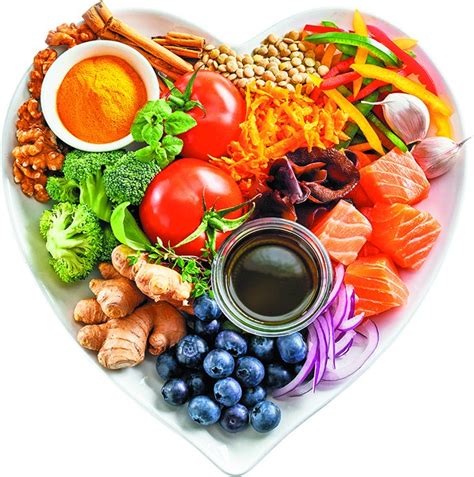
Understanding Testosterone and Its Importance
Testosterone, the primary male sex hormone, plays a crucial role far beyond libido. It influences muscle mass, bone density, fat distribution, red blood cell production, and even mood and energy levels. As men age, testosterone levels naturally decline, but diet and lifestyle choices can significantly impact its production, helping to maintain peak performance and vitality.
While various factors contribute to healthy testosterone, nutrition stands out as a fundamental cornerstone. The foods we consume provide the building blocks and regulatory signals our bodies need to produce hormones effectively. By focusing on nutrient-dense options, men can support their endocrine system and optimize testosterone naturally.
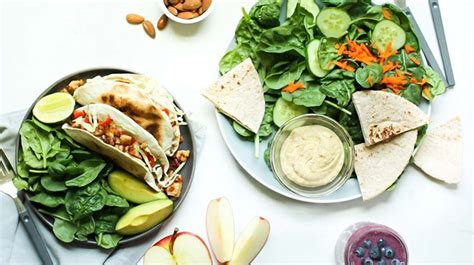
Essential Nutrients and Testosterone-Boosting Foods
Zinc: The Mineral Maestro
Zinc is a critical mineral for testosterone production. Studies have shown that even marginal zinc deficiency can lead to a decrease in testosterone levels. It’s involved in various enzymatic reactions, including those related to hormone synthesis. Foods rich in zinc include:
- Oysters: Widely celebrated for their high zinc content.
- Red Meat: Beef and lamb are excellent sources.
- Shellfish: Crab and lobster also provide significant zinc.
- Beans & Legumes: Chickpeas, lentils, and kidney beans.
- Nuts & Seeds: Pumpkin seeds, cashews, and almonds.
Vitamin D: The Sunshine Vitamin
Often referred to as a hormone itself, Vitamin D is directly linked to testosterone levels. Research suggests that men with adequate Vitamin D levels tend to have higher testosterone. While sunlight is the primary source, dietary intake is also important, especially in regions with limited sun exposure:
- Fatty Fish: Salmon, mackerel, tuna, and sardines.
- Fortified Foods: Milk, yogurt, orange juice, and cereals.
- Egg Yolks: A modest but natural source.
Magnesium: The Muscle and Hormone Supporter
Magnesium is another vital mineral that influences testosterone. It helps prevent testosterone from binding to sex hormone-binding globulin (SHBG), a protein that renders testosterone inactive. More free, active testosterone is available when magnesium levels are optimal:
- Leafy Green Vegetables: Spinach, kale, and Swiss chard.
- Nuts & Seeds: Almonds, cashews, pumpkin seeds, and chia seeds.
- Whole Grains: Brown rice, quinoa, and whole wheat bread.
- Avocado: A healthy fat source also rich in magnesium.
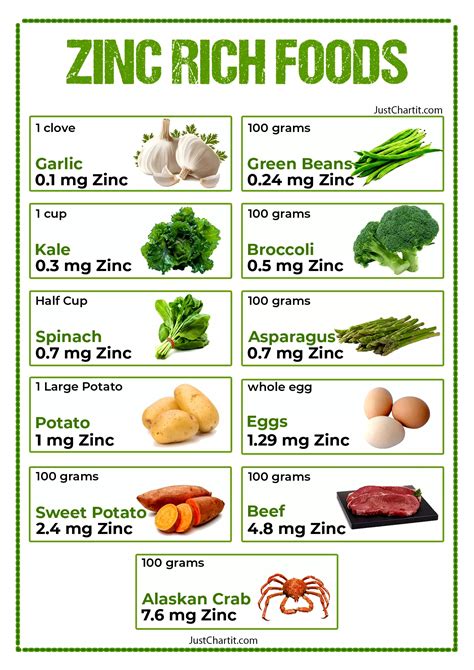
Healthy Fats: Crucial for Hormone Synthesis
Dietary fats are not the enemy; healthy fats are essential for hormone production, including testosterone. Cholesterol, a precursor to testosterone, comes from the fats we eat. Focus on monounsaturated and polyunsaturated fats, while limiting unhealthy saturated and trans fats:
- Avocados: Rich in monounsaturated fats.
- Olive Oil: Extra virgin olive oil is a great source of healthy fats.
- Nuts & Seeds: Walnuts, almonds, flaxseeds, and chia seeds.
- Fatty Fish: Salmon, tuna, and mackerel (also provide Vitamin D and Omega-3s).
Cruciferous Vegetables: Estrogen Management
While not directly boosting testosterone, cruciferous vegetables like broccoli, cauliflower, Brussels sprouts, and cabbage contain compounds (e.g., Indole-3-carbinol, or I3C) that help the body metabolize and excrete excess estrogen. By promoting a healthier estrogen-to-testosterone ratio, they indirectly support testosterone dominance.
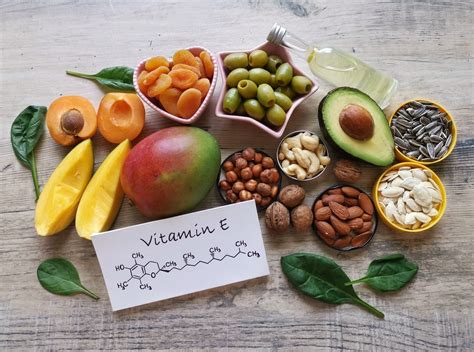
Foods to Limit or Avoid
Just as some foods boost testosterone, others can hinder its production or increase estrogen. Limiting or avoiding these can also contribute to better hormonal balance:
- Processed Foods: Often high in sugar, unhealthy fats, and additives that can disrupt hormone balance.
- Excessive Sugar: Can lead to insulin resistance and negatively impact testosterone.
- Alcohol: Chronic and heavy alcohol consumption is known to impair testosterone production.
- Soy Products (in excess): While moderate consumption is generally fine, high intake of certain soy products may contain phytoestrogens that can mimic estrogen in the body.

Beyond Diet: A Holistic Approach
While nutrition is paramount, it’s part of a larger picture for optimizing male performance and testosterone. Complementing a testosterone-friendly diet with these lifestyle factors will yield the best results:
- Regular Exercise: Especially strength training and high-intensity interval training (HIIT).
- Adequate Sleep: Aim for 7-9 hours of quality sleep per night. Sleep deprivation significantly lowers testosterone.
- Stress Management: Chronic stress elevates cortisol, which can suppress testosterone production.
- Maintaining a Healthy Weight: Excess body fat, particularly around the abdomen, can increase estrogen and lower testosterone.
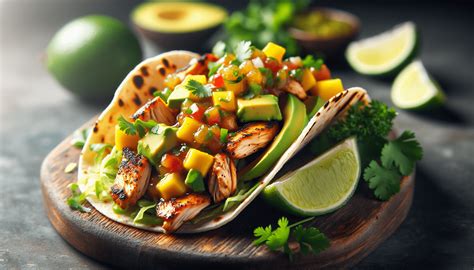
Conclusion
Achieving peak male performance and optimizing testosterone naturally is an attainable goal through conscious dietary choices. By prioritizing zinc, Vitamin D, magnesium, and healthy fats from whole, unprocessed foods, men can significantly support their hormonal health. Remember that consistency and a holistic approach combining diet with exercise, sleep, and stress management are key to long-term success. Consult with a healthcare professional or a registered dietitian for personalized advice, especially if you have underlying health conditions or concerns about your testosterone levels.









